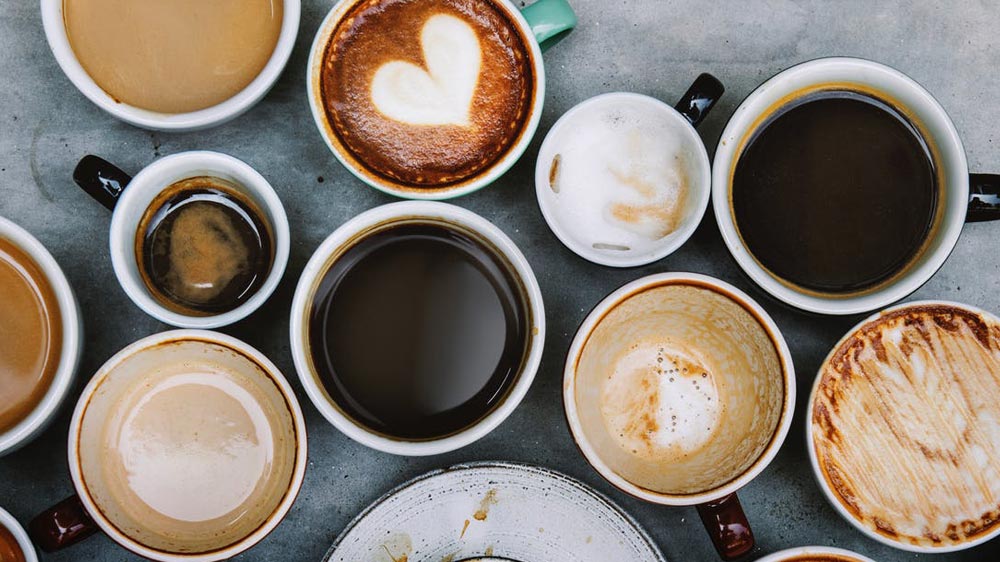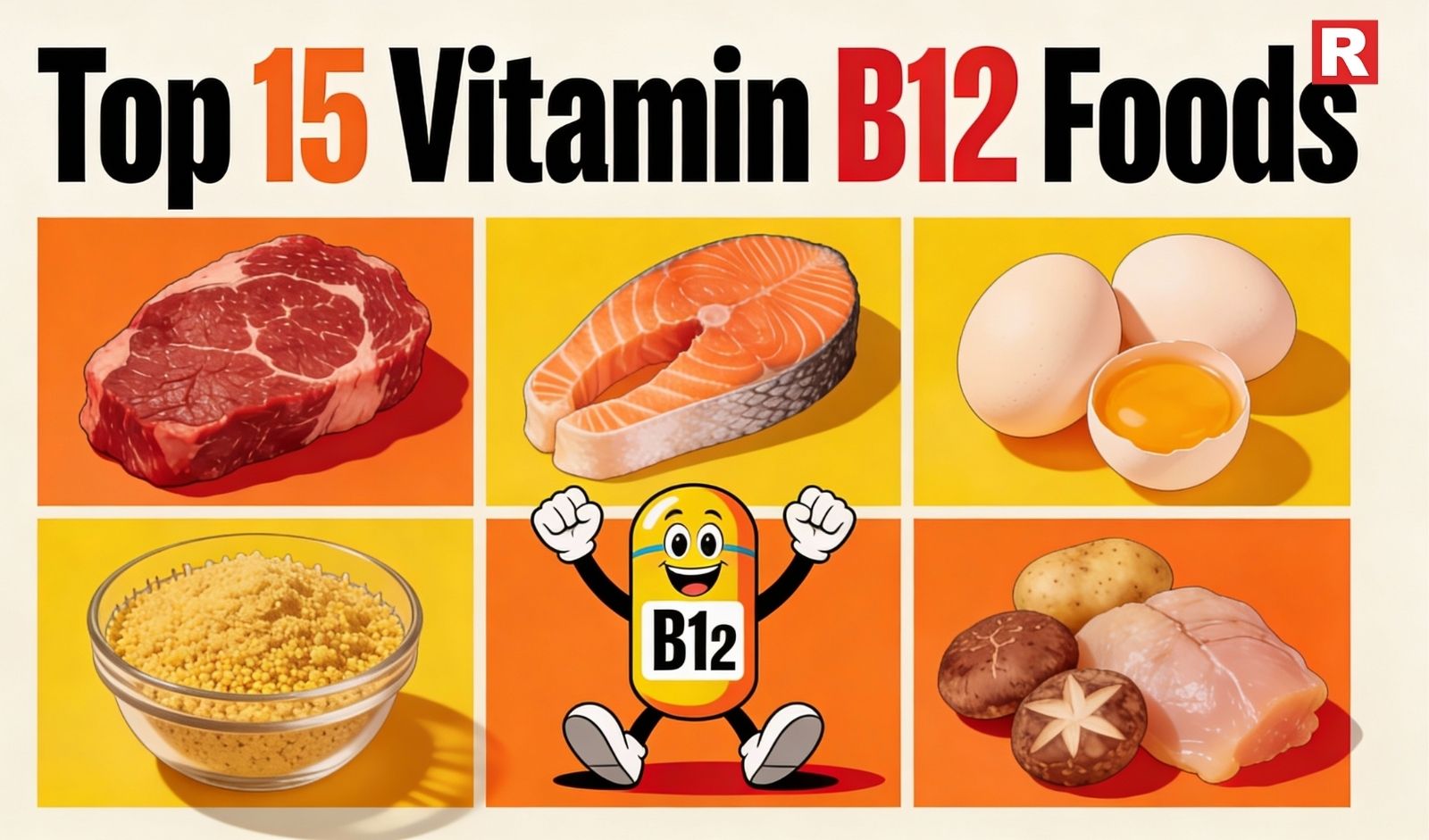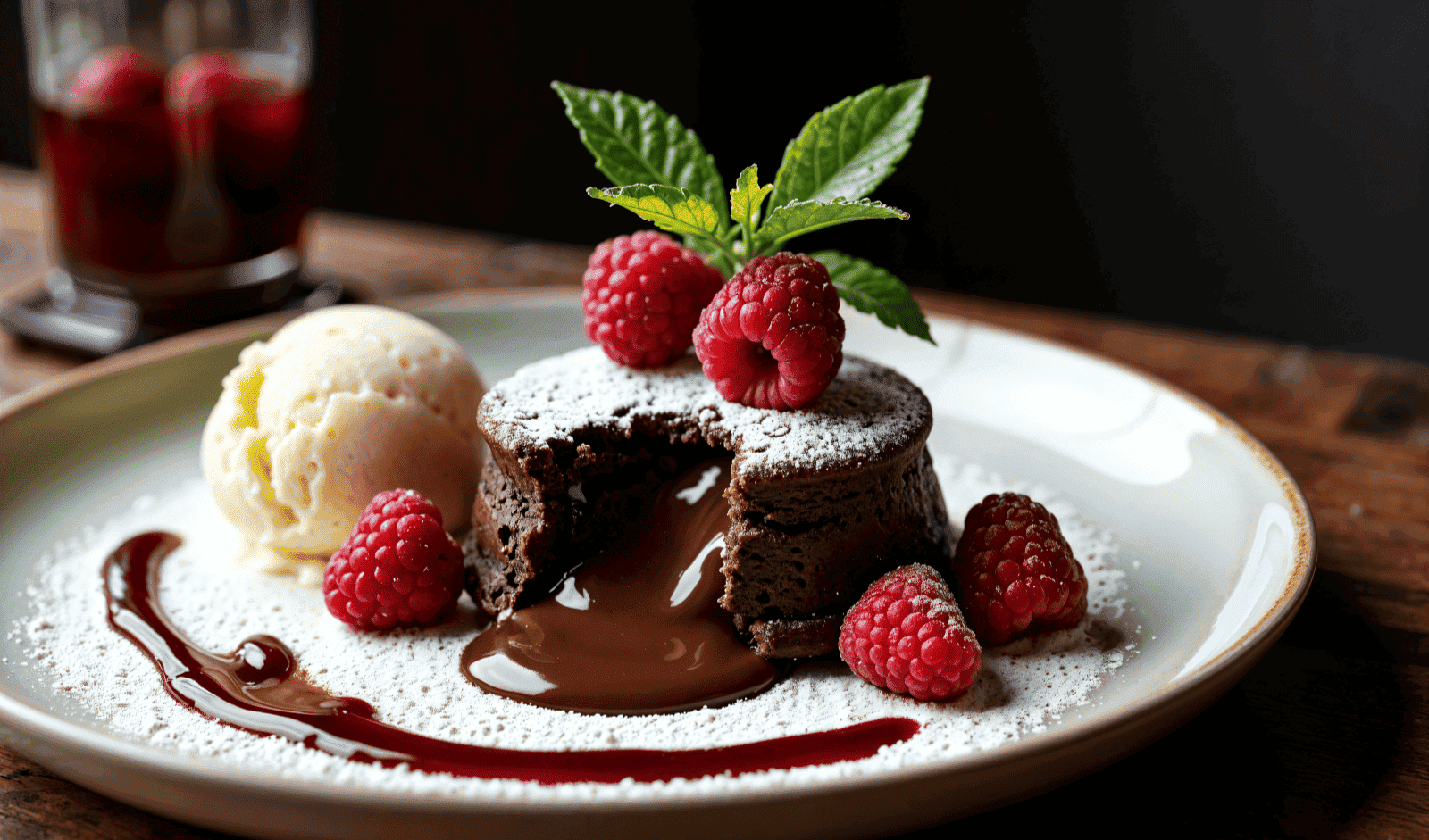
This International Coffee Day let’s look at how the coffee industry has evolved in the country. Gone are those days when coffee was only about filter coffee or Kaapi in the south or for that matter a handful of businesses, which used to dominate the coffee industry through their mass production and heavy advertising in the country. Today we have a gamut of coffee roasting companies, which have come on board to provide organic, single-estate and sustainable coffee beans.
Nevertheless, compared to the consumption of mainstream coffee, we are still far behind. Companies like Blue Tokai, Black Baza, and The Flying Squirrel are changing the landscape of the coffee industry today. Number of restaurants and cafes now prefer to take organic and premium coffee beans from these sustainable brands, which not only believe in growing coffee in a sustainable manner but also provide fair pay to the farmers.
More than a trend
Today coffee is much popular than ever. Around three billions cups of coffee is being consumed every day and the number keeps on increasing with the various brands coming in to cater to the demands. However, more than a trend people are now aware of the various notes of coffee. Some prefer black, some cappuccino or some might like to have latte. People are now ready to pay more for a brand which grows and sells coffee sustainably.
Fair Trade
Meanwhile, from the last couple of years, the country has started to witness the fourth-wave movement, where social entrepreneurs are joining hands with coffee growers or farmers to make this industry more sustainable. For example, Arshiya Urveeja Bose, who founded Black Baza Coffee, enables coffee producers to have stable livelihoods and aims to strengthen coffee farming practices that conserve biodiversity.
Arshiya, who did her Ph.D. on the political ecology of markets for biodiversity conservation from Cambridge University and studied sustainability certifications in coffee for over 6 years, says “The uneven power structure of coffee value chains and the inherent limitations of existing sustainability mechanisms is what emboldened us to create Black Baza Coffee.” Their partner farms grow coffee under the shade of forest trees, which is free of chemical pesticides. The company claims that 97.5% of partner farms also restrict the use of any chemical fertilizer.
Eco packaging
Coffee businesses are also getting mindful with regards to their packaging. Not only is the packaging eco-friendly but also letting the customer know the estate from which their coffee has been sourced.

Tata Starbucks Private Limited celebrates its 10th anniversary with the opening of the first Starbucks Reserve® store in India, Starbucks Reserve® Fort in Mumbai, Maharashtra.
A testament to Starbucks` long-term commitment to elevate the coffee experience in one of the brand’s key growth markets globally, the debut of the Starbucks Reserve® store also commemorates the strong connections the brand has built with customers over the past decade.
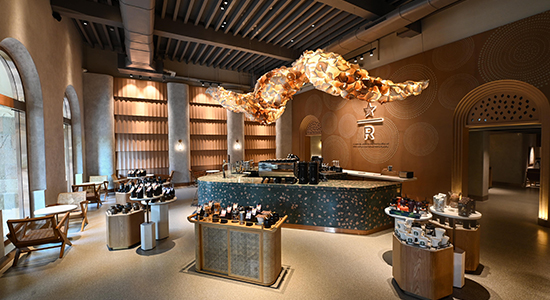
A 50/50 joint venture between Starbucks Coffee Company and Tata Consumer Products Ltd., Tata Starbucks now operates more than 300 stores in 36 cities with over 3,800 partners (employees) who proudly wear the green apron, serving more than 330,000 customers in India every week.
This year, Tata Starbucks marked its largest store expansion in a single year with its entry into 14 new cities.
“India is one of Starbucks fastest-growing markets and we’re proud to open our first Starbucks Reserve store in Mumbai, where our Starbucks journey began a decade ago,” said Michael Conway, group president, International and Channel Development, joining partners for the opening of the Starbucks Reserve Fort Mumbai store.

In addition to the welcoming Third Place experience Starbucks Reserve is known for, the Starbucks Reserve store will further elevate the signature Starbucks experience by introducing an intimate, multi-sensory coffee experience to customers in India.
“For 10 years, Starbucks has been elevating coffee craftsmanship and bringing unique experiences to our customers in India. We value the strong connections we have with our customers and will continue to innovate and develop to enhance India’s coffee culture,” added Sushant Dash, CEO, Tata Starbucks by adding that Starbucks Reserve is a selection of the rarest, most extraordinary coffees Starbucks has to offer and transports customers and coffee aficionados to an immersive and personalized coffee journey.
The first Starbucks Reserve store in India
Covering almost 5,200 square feet, the new Starbucks Reserve store is designed to bring the coffee experience to life for customers. The premium coffee experience unique to Starbucks is evident in the new Starbucks Reserve store’s stunning aesthetics. As soon as customers enter the store, they are greeted by the rich aroma of coffee and the monolithic terrazzo Starbucks Reserve bar handcrafted by local artisans. Taking center stage, the Starbucks Reserve bar is set off by renowned architect and artist Ankon Mitra’s undulating sculpture reminiscent of clouds. As customers enter beyond the twin arches, based on Mumbai’s architectural heritage with a modern color palette, they are welcomed by a vibrant floor-to-ceiling mural featuring the Starbucks siren and coffee origin fauna, created by local Mumbai artists Sonal Vasave and Makarand Narkar. The mural comes to life at the tap of a finger through augmented reality (AR) when customers scan the nearby QR code with their Instagram camera.
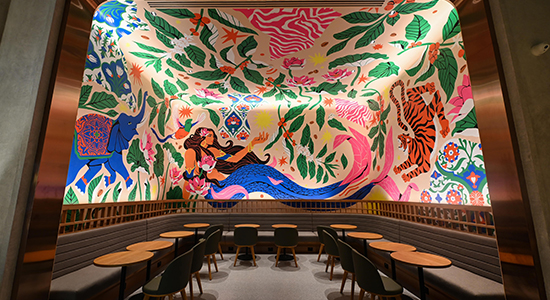
At the Starbucks Reserve bar, customers can enjoy a lineup of Starbucks Reserve small-lot single origin coffees, some of the most exquisite and rarest coffees in the world, including Bolivia Sol de la Mañana, Rwanda Sholi, Sumatra Kerinci, brewed and served by Starbucks black apron coffee masters. With their coffee expertise, these highly trained coffee masters draw out the complexities of each beverage’s aroma and flavor profile through a variety of methods—including siphon brewing and nitro cold brewing, and the store also includes an innovative specialty Black Eagle espresso machine.
The Starbucks Reserve bar will also offer exclusive hand-crafted beverages including the Vanilla Bean Latte, Dark Chocolate Mocha, Americano Con Crema, Hazelnut Bianco Latte, Shakerato Bianco, Shakerato Bianco Deconstructed, Sparkling Espresso with Mint and Cortado amongst others.
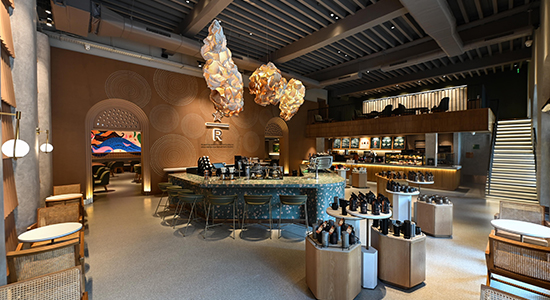
Customers can also experience exclusive Starbucks Reserve food menu which includes Bagel with cream cheese, Scones, Chocolate Cherry Tart and freshly baked items like Butter Croissant, Cocoa Hazelnut Croissant, Onion & Cheese Twist, Chocolate Twist, Cranberry Twist, Multigrain Croissant, Three Cheese Multigrain Croissant, Spiced Paneer in Multigrain Croissant and Herbed Chicken in Multigrain Croissant
An array of stunning Starbucks Reserve merchandise will be available in India for the first time, including elegant black and gold mugs and tumblers that proudly carry the coveted Starbucks Reserve trademark.
Starbucks entered the Indian market in October 2012 through a 50/50 Joint Venture with Tata Consumer Products Ltd and currently operates 300+ stores in India across 36 cities.

Coffee as a segment has grown in last 2-3 years and we have seen too many players local and international entering the ever growing market in not just café segment but also the product segment. Simple Brew Coffee is one of those brand that came into existence to give people an access to the instant coffee. “The idea behind starting TSB was to make sure everyone can have access to the taste and experience of tasty, brewed coffee, but with the convenience of instant coffee,” shared Apoorv Agarwal, Founder by adding that the lockdown led to a lot of people struggling to figure out which coffee they wanted to buy, what roast, what grind, what equipment to use, etc. The idea behind TSB to uncomplicate it. Further, there wasn’t any one stop solution for people who were looking for a coffee-based product that could help make everything from basics hot and cold coffee to coffee-based cocktails and desserts, and a whole lot more. He invested about 3.5-4L towards equipment, basic furniture, branding (design + print), trademarks, website, etc to get the brand going. Excerpts from the interview:
From being a lawyer to an entrepreneur. What was the inspiration?
Coffee was something I was always into. I remember a friend took me to a coffee shop in Mumbai back in 2016, and I was introduced to the concept of ‘specialty coffee’. In the years following, I had bought myself some basic brewing equipment, and tried my hand on brewing my coffee. Fast forward to the pandemic. While the world outside was falling apart, it gave me more free time to play around with and learn more about coffee. It was something I never looked at as a career option. I was simply brewing coffee at home for myself. While I had always been brewing hot coffee, I decided to give making cold brew at home a shot. I had picked up a 1 litre cold brew jug from one of my visits abroad a couple of years back, and that’s where I decided to start.
How do you see the business for such kind of concepts as we see that coffee as a segment has grown in last 2-3 years?
Necessity has been and will always be the mother of invention. People are always looking to make their life and experiences more and more convenient. Over the past 2-3 years more and more brands are recognizing the competition and introducing an array of products and increasing their offerings. Speciality coffee, for one, has gained a loyal fanbase in the country. Another example is brands introducing Nespresso compatible capsules and canned coffee pre-mixes. There’s been a noticeable shift and growth from the conventional definition of coffee and cafes. Constant evolution is more evident.
From did you source the coffee beans for the perfect brew?
We make our own in-house blend of 4 different beans sourced from 3 different roasters. The roasters source their beans from plantations based in the Araku Valley, Chikmagalur and Darjeeling. As we are not a roastery, we don’t buy green beans directly from plantations.
What’s the shelf life of the brews and how have you priced it?
After we’re done brewing the concentrate, we transfer it to a keg, which is purged with food grade nitrogen to push all the oxygen out and seal the freshness of the brew. This helps us in increasing the shelf life of the concentrate to about 30 days from the date of brewing, and 15 days from the day the bottles are opened by the customer. We don’t use any preservatives in our coffees.
Our concentrates are available in 500 ml and 1L bottles, with the Single Brew available for Rs. 500 and Rs. 1,000 and the Double Brew available for Rs. 750 and Rs. 1,500 for the 500 ml and 1L bottles respectively.
Who are you trying to target with this kind of product range?
The ideal TG for us are the coffee drinkers who are either spending a lot of money buying coffee from upmarket cafes and restaurants, or people who just want a simple, tasty and easy to make coffee at home.
Do you also see any competitor in the segment?
There will always be competition in some form and manner. There are a few players in the market, most of them as new to this as we are. Most businesses have coffee concentrates as one of their SKUs, while they continue to sell other products such as beans and instant coffee as well. In India, almost all coffee concentrates that preceded the current players were in the space of making south Indian filter coffee decoctions, which have their own advantages and limitations. While we weren’t the first entrants in this space, we did develop a few methods that worked to our advantage. We pride ourselves on two primary USPs – the versatility of our products, and the lack of bitterness and acidity that’s associated with almost all concentrates and decoctions out there.
What’s your expansion plans?
We’re definitely in the market to begin our funding journey before the end of the year. The business is entirely bootstrapped and self-funded at this stage, and funding is something that’s on the table. We should be available on most food ordering and e-commerce platforms within the coming quarter. As mentioned, we’re also in talks with a few offices and cafes to begin entering the B2B space. Once we successfully close in on these priority items, we’ll be looking at product portfolio expansion, vis-à-vis cold brew bags and hot brew bags, packaging our blend, and coming out with pre-mixes and possible starting a cloud kitchen in the future.
Copyright © 2009 - 2026 Restaurant India.




